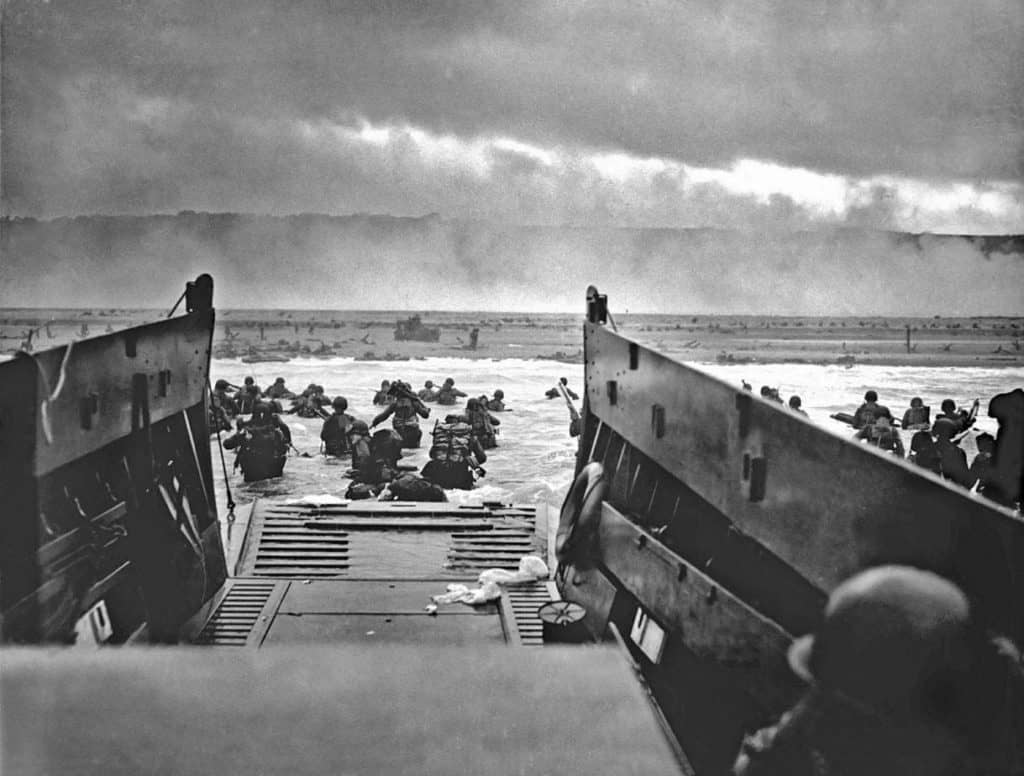We’ve amassed an impressive collection of stories and experiences over our 100 years of trading and we’d love to share some of them with you.
For this one we’re travelling back to 1940. You might be surprised to discover that a family business tucked away in the shadow of the South Downs had a significant role to play in the second world war, but we were proud to put our expertise to use for our country.
In 1940 the government realised engineering companies were important
Early in 1940, when the Germans invaded Norway and low countries, the government realised the engineering establishments, which were capable of carrying out manufacture and repair at very short notice, were of great value – especially if they were situated away from the main industrial areas which were the constant target of the German bombers.
This resonated with the authorities when Blaker was rapidly manufacturing apparatus carried beneath aircraft to drop supplies to troops who were cut off on the continent by the unexpectedly swift advance of the Germany army to the coast.
Blaker employees were in reserved occupations
As a result, both the parent company in London (The Blaker Motor & Welding Co. Ltd) and Blakers in Sussex were given high priority, all employees in reserved occupations for the whole of the war period. (A ‘reserved occupation’ was a job that was considered so important enough to the country that they were exempt from military service.)
A great variety of essential war work was undertaken, highly specialised welding repairs to Rolls-Royce Merlin engine crankcases and other components at a time when these engines were in desperately short supply for the Hurricane and later Spitfires defending the country in the Battle of Britain.
We repaired Canadian tank transporters
Repairs to tank transporters, reconnaissance vehicles and other military transport were undertaken for the Canadian army units stationed nearby and there was a close association with the commanding officers for many kinds of vital instant repairs. This become more important as the invasion craft were manufactured, together with equipment concerned with safely landing items such as jeeps and lifeboats from specially designed aircraft.
Decoy oil-burning receptacles frequently placed in open spaces around greater London were made to deceive enemy fire-bombers, as also were compressor sub-bases and tank steering components. Lengthening and shortening the wheelbase of special vehicles was also specialist work for Blakers. Much of the work was carried out for the parent company, situated in Acton, London – a highly vulnerable industrial area.

